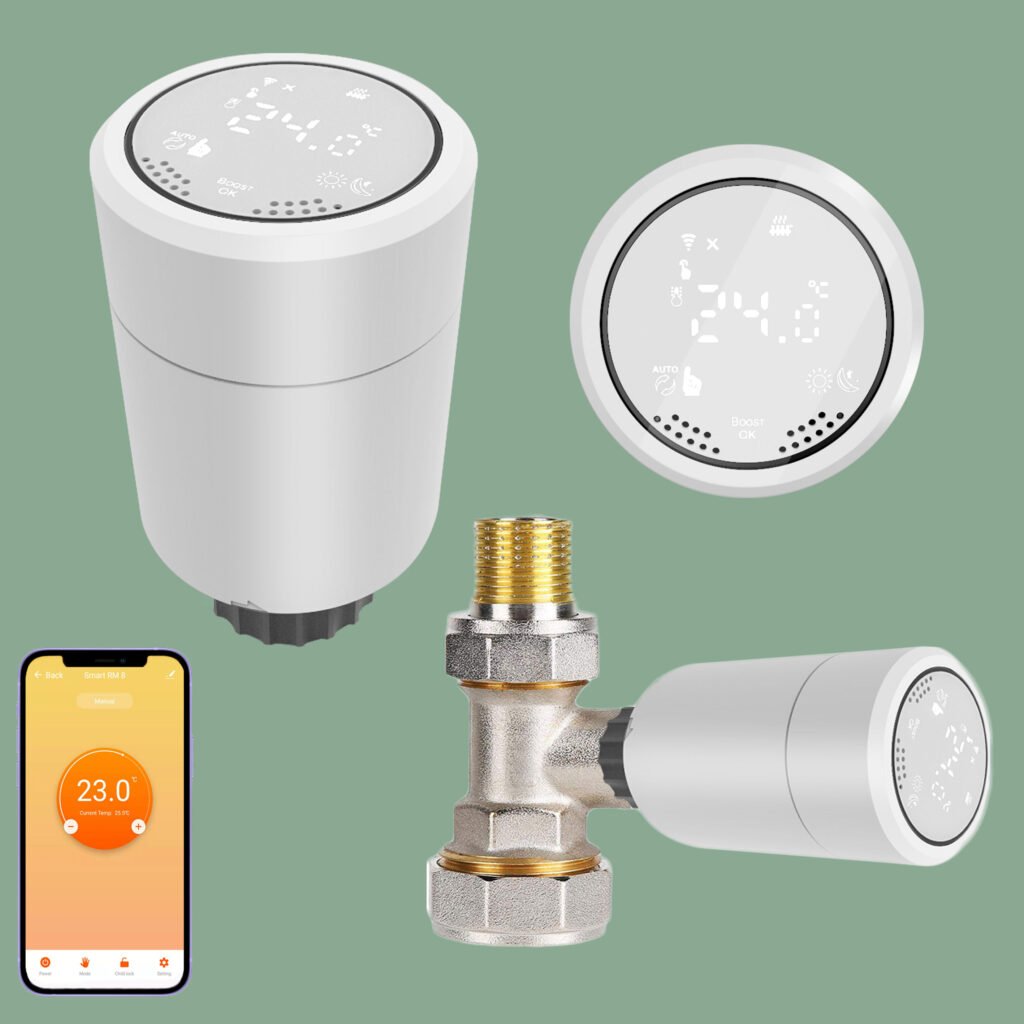Ever noticed your radiator hissing or steaming and felt a pang of worry? A steaming radiator can signal trouble—think delayed heating, damaged valves, or even costly repairs if ignored. But don’t panic! This guide will help you spot if your radiator runs on steam and what to do about it, so keep reading for simple, practical answers.
To tell if your radiator is steam-powered, listen for hissing or gurgling sounds and check for a single pipe connection. Steam radiators also release visible steam or heat up slower than hot water ones. Look for these signs, and you’ll know fast!
Curious about what this means for your system? Stick around—we’re diving deeper into steam radiators, their quirks, and how to handle them like a pro.

Is it bad if my radiator is steaming?
Seeing steam from your radiator might freak you out, but is it really a big deal? Well, it depends. If it’s a steam radiator—like a one-pipe steam thermostatic radiator valve setup—it’s normal to see some steam as it heats up. That’s just how it works: water turns to steam in the boiler, travels up, and warms your room. But if the steaming’s out of control or paired with weird noises, you might have a problem. Too much steam could mean a busted valve or pressure issues, which can wear out parts fast. For folks like Antonio, our typical Russian buyer, unstable export pressure is a pain point he can’t afford—missed sales hurt! A thermostatic radiator valve (Honeywell makes solid ones) can help regulate this. Check it regularly, and you’ll avoid headaches. Steaming’s fine if it’s controlled—otherwise, get it fixed quick.
Why is my car radiator steaming but not overheating?
Okay, this one’s a curveball—car radiators aren’t our usual gig at IVALVECRAFT, but let’s roll with it. If your car radiator’s steaming but the temp gauge isn’t screaming “overheating,” you’re likely dealing with a small issue. Maybe the coolant’s boiling off a bit because of a loose cap or low levels—steam escapes, but the engine’s still cool enough. It’s not like our brass thermostatic radiator valves for home heating, where steam’s part of the plan. In a car, steam’s a warning. Check the coolant, tighten that cap, and watch for leaks. For home systems, though, steaming’s more expected, especially with a thermostatic radiator valve installation. Curious how to use one? It’s simple—twist to adjust flow, keep heat steady. Cars and homes differ, but steam always means “pay attention.”
What should a steam radiator sound like?
Steam radiators have their own soundtrack—think of it like a quirky old house. A healthy one hisses softly as steam rises or gurgles a bit as it condenses back to water. You might hear a faint clank from the pipes too—that’s normal expansion. Installing a thermostatic radiator valve (installation cost varies, but it’s worth it) can quiet things down by controlling steam flow. No loud bangs or screeches, though! If it sounds like a hammer fight in there, air’s trapped or pressure’s off. Antonio, our Russian customer, hates unstable performance—quiet, steady operation is his jam. Test your system: turn it on, listen close, and tweak that valve. A good steam radiator hums along, not wails. Got a one-pipe steam thermostatic radiator valve? Even better—it’s built for smooth, reliable sound.
Wrapping it up
So, figuring out if your radiator’s steam-powered is pretty straightforward—listen for hissing, spot that single pipe, and watch for steam. We’ve covered why steaming’s okay (or not), why your car might steam without overheating, and what a steam radiator should sound like. Whether you’re tweaking a thermostatic radiator valve installation or just curious, these tips keep things simple. At IVALVECRAFT, we get it—quality matters, especially for buyers like Antonio who need stable, high-flow products. From brass safety valves to mixing pump heating centers, we’ve got your back.
Choose IVALVECRAFT, choose reliable partner, enjoy the high quality and best service.


